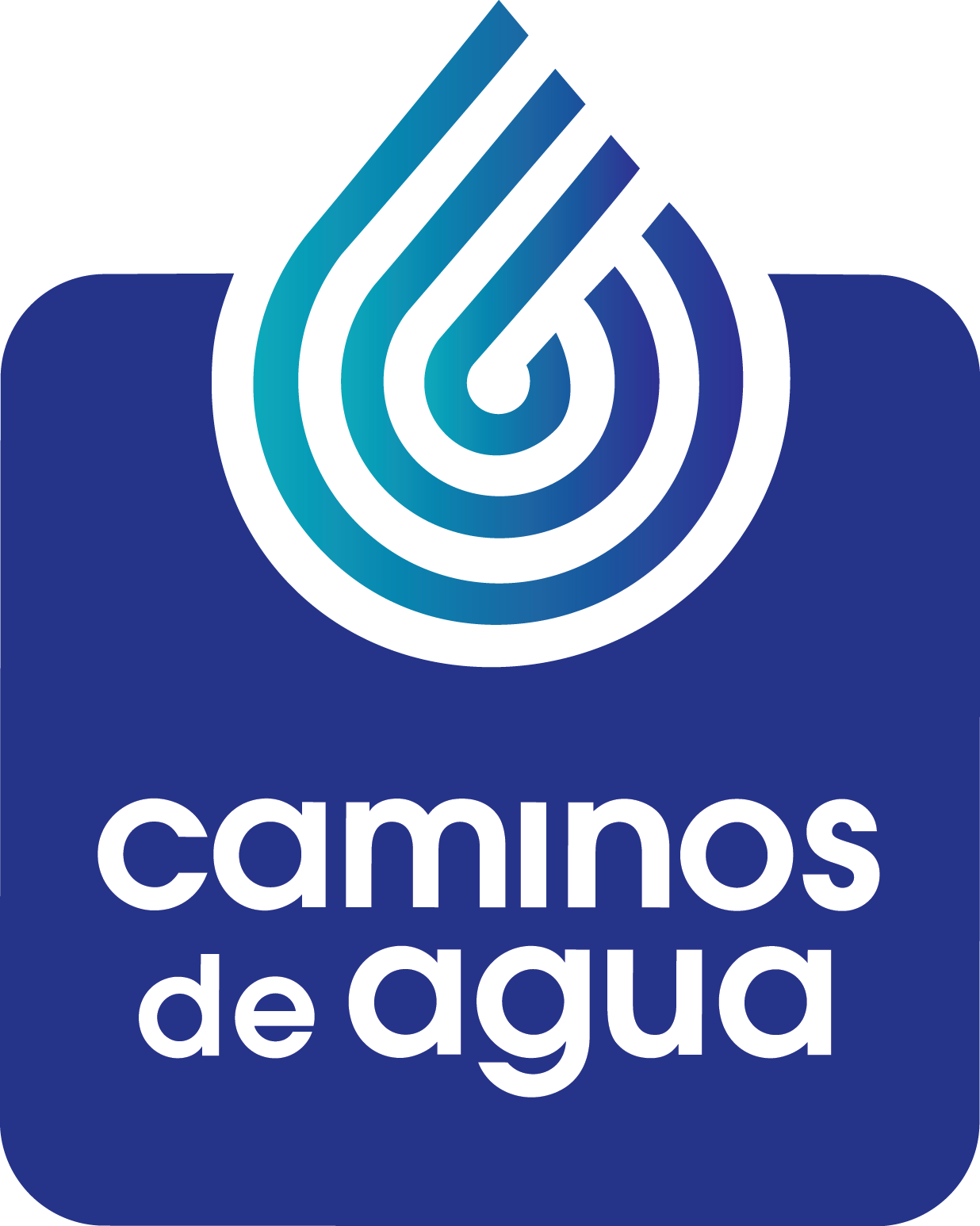Leadership and water
The JWH initiative recognized staff member Saúl Juárez’s environmental leadership in 2016 with a €2500 prize to be dedicated exclusively to his professional development. The grant submitted solicited funding for Saúl to learn from diverse organizations and the work they do.
Saúl Juárez at Watershed Management Group's Rainwater Harvesting certification course (in the back on the right)
Saúl reported about the first part of his experiences with partner organizations and trainings in this blogpost earlier in the year.
Since then the funds have been used for two more learning experiences. Saúl participated in a one-day workshop with Isla Urban in rainwater harvesting in Mexico City. We hope that Saúl will have further opportunity to accompany their installation team in peri-urban and rural areas in 2018.
Recently, Saúl completed the last component of this grant with a seven-day course with the Watershed Management Group in Tucson, Arizona. The Watershed Management Group hosts certificated courses on rainwater harvesting, giving Saúl more knowledge on passive systems and large-scale applications. If you are interested in joining their course, you can sign up for their March 2018 edition.
Read Saúl’s reflections about the course at WMG:
"I participated in this 7-day course as a way to develop my technical skills in rainwater harvesting. On the first day, all the participants presented themselves and we were introduced to the topics related to green infrastructure in passive rainwater harvesting systems. We reviewed theoretical principles as well as technical aspects. We then did three site visits and identified advantages, disadvantages, some mistakes and potential intervention opportunities. In the second day, we looked at the mathematic equations to be able to calculate water demand in a home, as well as rainwater harvesting capacity from a roof and storage. We also looked at design principles. The third through fifth day we did practical activities in identifying, planning, and carrying out techniques seen in the days before. At the end, we reviewed concepts and shared ideas and opinions in relation to the activities that were carried out. The sixth and seventh days focused on clarifying doubts and questions and group activities to put into practice designs, considering all the factors that influence and determine a green infrastructure proposal with gray and rainwater. In the short-term, what I learned about passive systems are tools that can be implemented in pilot projects where people can optimize the use of rainwater as well as improve their family infrastructure or community infrastructure- even using their home to produce some food, principally fruit even in areas of low rainfall.
In particular, I hope that Caminos de Agua can incorporate more information about graywater reuse into our processes and projects. It is a challenge to make people aware about how to use graywater and it is an opportunity to mitigate water scarcity in the region.
Finally, the area of large-scale rainwater harvesting is interesting to me because I am motivated to create larger scale proposals in the future as the impact is greater. I think that I now have some tools that make it possible for us to work toward this goal".

